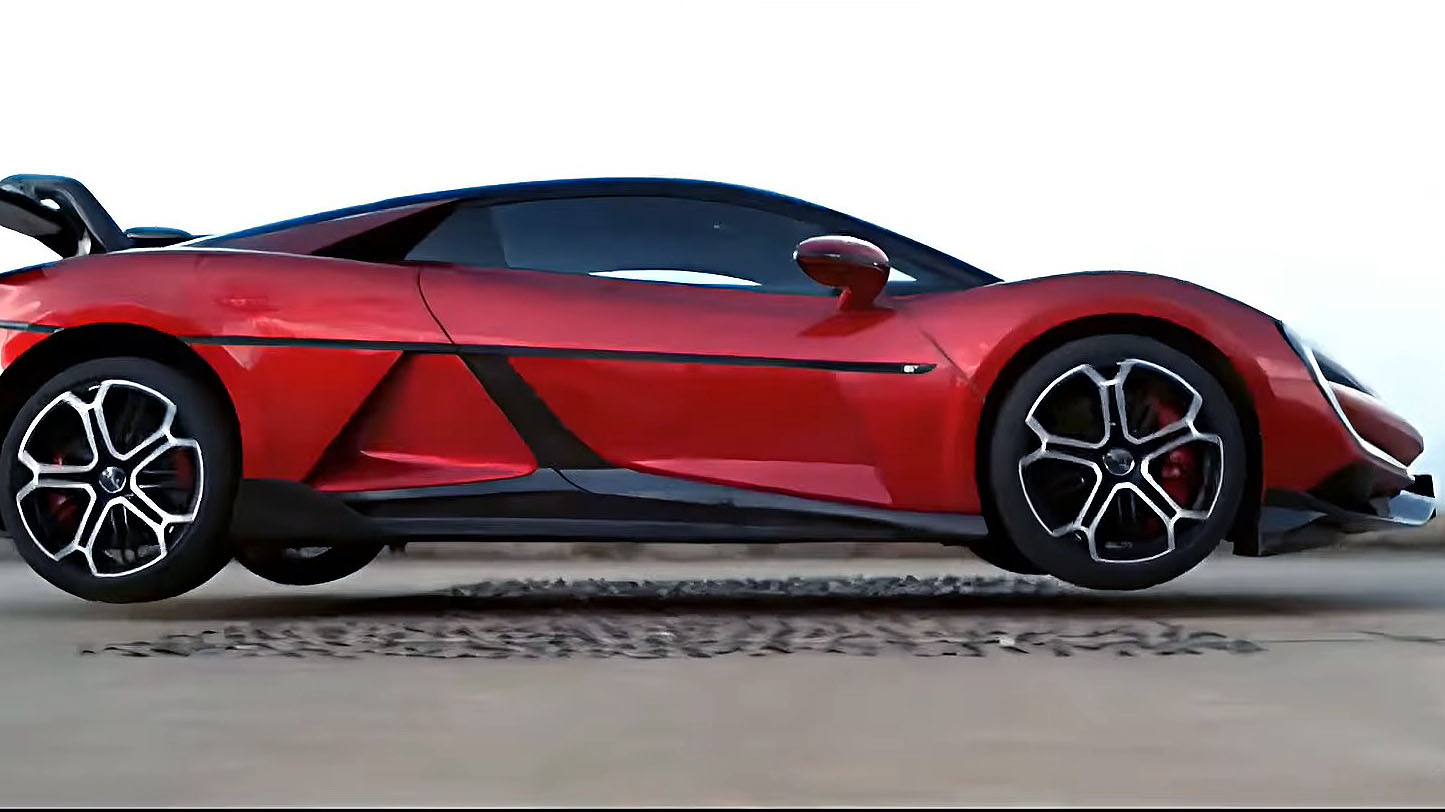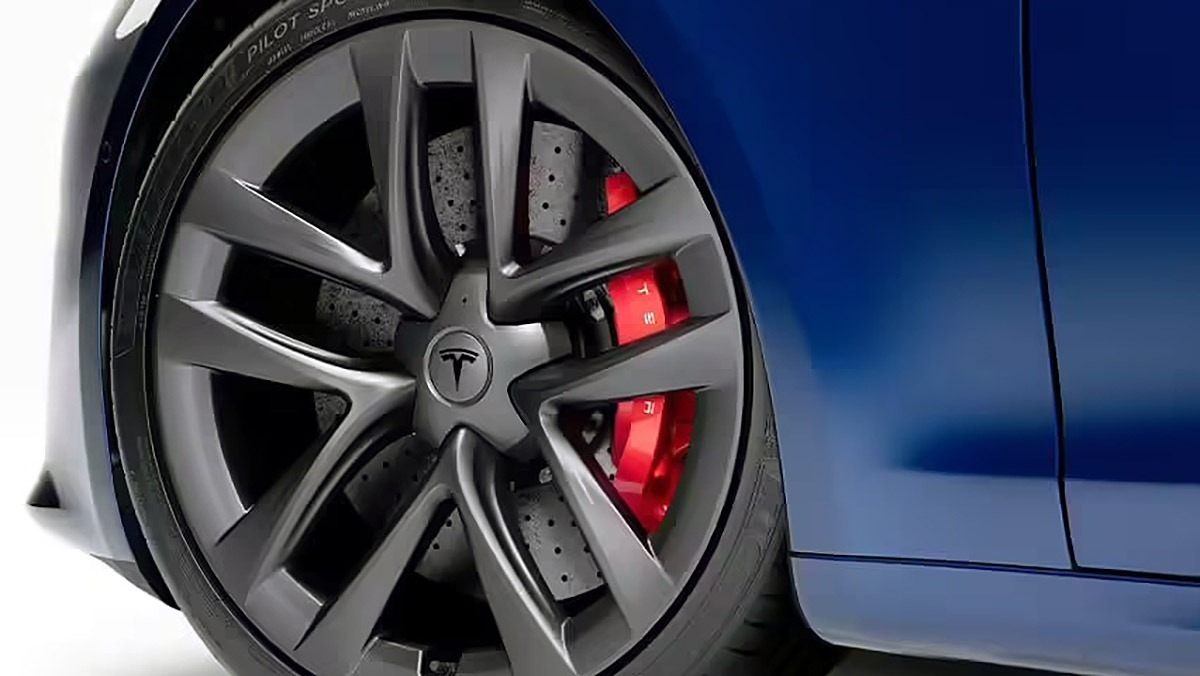The Tesla Model Y Juniper refresh has finally been revealed this week, confirming the earlier speculations surrounding its release date. This marks the first significant update for Tesla’s best-selling vehicle.
Pricing and Specifications
The Juniper refresh comes at a slightly higher price than the previous version, with minimal changes to charging speed and range. It features a more modern design compared to the aging Model Y. The starting price for the RWD Juniper refresh is set at $35,900, which is over 5% more than its predecessor. Meanwhile, the dual-motor AWD Model Y Juniper is priced at $41,400 in China, reflecting a similar increase.
The Model Y Juniper is slated for release in March across China and other Asia Pacific areas like Australia, and customers can place orders now. The US launch is anticipated to occur in Q1, contingent on regulatory approvals.
Range and Efficiency
There were hopes that the Juniper refresh would include a larger battery, but that has not been the case. The revamped Model Y offers a range of 719 km (446 miles), which is a slight improvement over the previous model’s 688 km (427 miles). This modest gain of just 20 miles is attributed to better efficiency in the drivetrain rather than a new battery. Tesla claims the Model Y Juniper is designed for economical power use, emphasizing “using every kilowatt-hour more effectively.” However, it’s worth noting that this range figure comes from China’s generous CLTC cycle, which is typically at least a third higher than the US standard.
The EPA range for the dual-motor AWD Model Y Juniper in the US is likely to be around 311 miles, similar to the current model, possibly with a slight increase.
Charging Capabilities
One area that may disappoint potential buyers is the charging speed. The Juniper refresh can charge at 250 kW, which is unchanged from the previous iteration. The RWD model, with an LFP battery, charges even slower at a peak of 170 kW. It remains uncertain if these charging rates will apply to the US models, especially since Tesla is introducing V4 Superchargers capable of charging at up to 500 kW, suggesting that the powertrain could differ from the Chinese version.
The Juniper refresh’s exterior has been redesigned for a more aggressive look, featuring a lower drag coefficient. There is a rear light bar described as “an integrated diffuse reflection through-type taillight.” The front light strip, reminiscent of the Cybertruck’s, is now a continuous feature alongside the updated headlights.
Enhanced Features
As anticipated, the Model Y Juniper includes upgraded suspension, wheels, and tires, aiming for a “smoother, quieter ride.” The 19-inch and 20-inch wheel options come with improved handling and grip. A die-cast rear underbody simplifies the design by reducing the number of parts from 70 to just one, enhancing overall structural integrity and ride quality.
The facelift also introduces vented seats and ambient lighting, features that were previously seen in the Model 3 Highland refresh. Interestingly, the Juniper refresh features an indicator stalk by the steering wheel, moving away from the stalkless design, although it’s unclear if this will be available in the US. Tesla explains that this new indicator stalk is crafted for effortless control, incorporating feedback from users.
Interior Comfort and Technology
Inside, the Model Y Juniper boasts a 15.4-inch central display with improved resolution and pixel density, along with an 8-inch touchscreen for rear passengers. For added convenience, the rear bench seats can fold electrically, providing a trunk space of over 2,130 liters. The rear trunk door unlocks and lifts automatically, simplifying the process of loading heavy items.
Additionally, the Model Y Juniper is equipped with Tesla’s latest Hardware 4.0 cameras and autonomous driving computer. This setup includes a front bumper camera similar to that of the Cybertruck, which enhances the vehicle’s field of view for advanced driver assistance features.
As a bonus, the Model Y Juniper refresh will launch alongside the latest FSD v13 update for the first lucky buyers in the US.
However, it’s important to note that by the time the Model Y Juniper arrives in March, it may no longer qualify for the federal EV tax credit, which is reportedly under review by the current administration, along with other electric vehicle incentives.





























